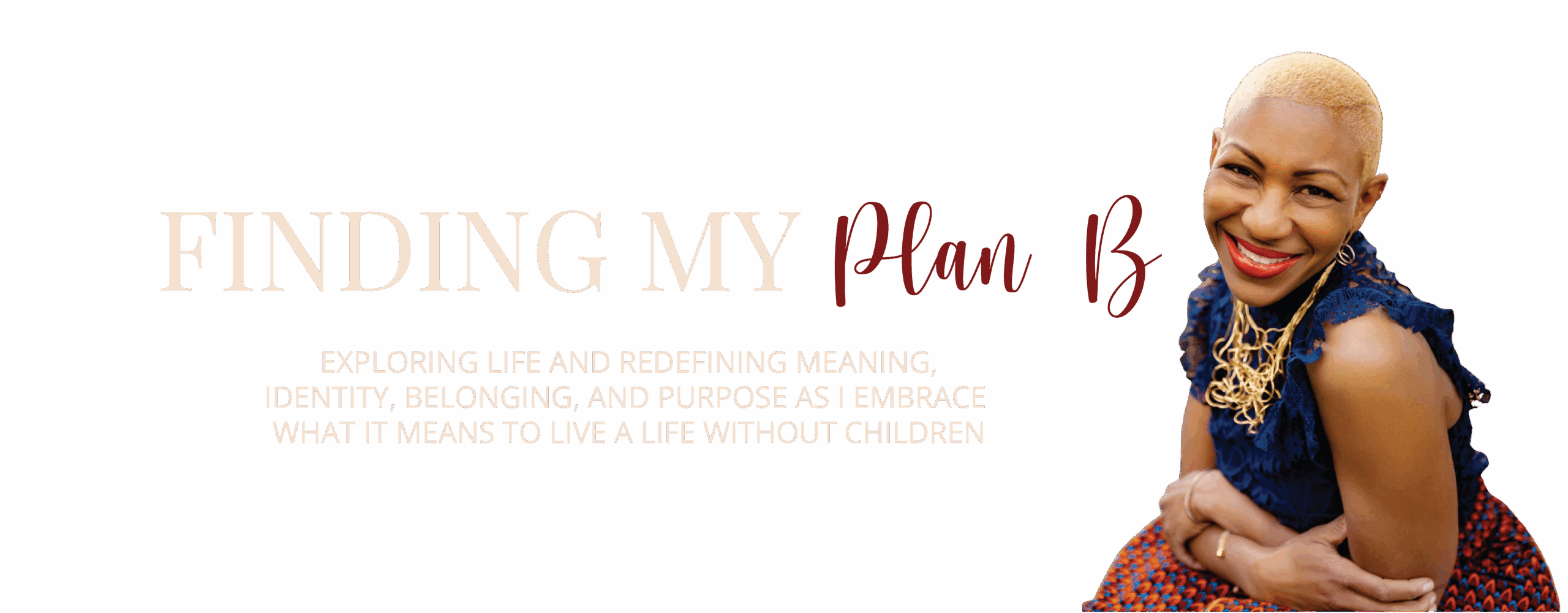“If they don’t give you a seat at the table, bring a folding chair”
I watched the recent Netflix film about Shirley Chisholm’s remarkable journey as a political pioneer and advocate for change. As the first black woman in Congress, her legacy inspires countless individuals to challenge societal norms and strive for a better tomorrow.
Shirley’s journey to Congress in 1968 marked a historic milestone in American politics. As the first black woman to serve in the United States Congress, she shattered barriers and paved the way for future generations of women and people of colour to enter the political arena.
Born in Brooklyn, New York, in 1924, she faced barriers and discrimination from an early age. Growing up in a predominantly white neighbourhood, she experienced first-hand the challenges of being both black and female in a society prevalent with racial and gender inequality.
After earning a Bachelor’s degree in Sociology from Brooklyn College and a Master’s degree in Early Childhood Education from Columbia University, Shirley began her career as an educator. But it was her passion for social justice and community activism that propelled her into politics. In 1964, she became the second African American woman ever elected to the New York State Legislature, where she quickly gained a reputation as a fierce advocate for civil rights and equality.
“The emotional, sexual, and psychological stereotyping of females begins when the doctor says, ‘It’s a girl'”
I had the pleasure of adding Shirley to my Black NoMo Pinterest board a few months ago so was excited to see that her life has been depicted in a film. However, one notable aspect remained absent: the mention of her not having children. Ok so I’ve been on my journey long enough not to be surprised by this and yes if she had children we know this would have been front, centre and sideways throughout the film. This is where I am torn because in a society where a woman’s worth is often unfairly tied to motherhood, it was refreshing to see her portrayed without any mention or implication of her not having children and at the same time I found myself noticing this absence and wondering why she didn’t have children, how did the absence of children impact on her marriage and was this a driving factor on her journey to congress. This subtle yet powerful choice speaks volumes about Shirley’s legacy where her identity and impact were not defined by societal expectations, but rather by her tenacity and determination to make a difference. I am grateful that I didn’t have to roll my eyes at every hint of her being a superwoman (because she accomplished all this whilst raising x children) or hear the words “…and you accomplished all what you did and still had time for children”.
“I’ve wanted to be nothing more or nothing less than a catalyst for change”
Societal expectations often dictate a woman’s value based on her ability to fulfil traditional roles, particularly that of motherhood. Throughout history, women have been expected to prioritise caregiving and nurturing roles, relegating their ambitions and aspirations to the side-lines. However, Shirley’s story challenges these norms and defies conventional expectations. Born into a society plagued by racism, sexism, and inequality, Shirley understood from an early age the barriers that stood in the way of women and people of colour. Yet rather than conforming to society’s expectations, she boldly forged her own path, unapologetically pursuing her passion for social justice and political change.
While the absence in the film of mention regarding her childlessness or childfree status may seem insignificant to some, it speaks volumes about Shirley’s identity and the impact she had. By portraying her as a trailblazing leader whose worth is defined by her contributions to society rather than her familial status, the filmmakers challenge the notion that a woman’s value is contingent upon her role as a mother. In doing so, they elevate Shirley as a symbol of empowerment and agency, inspiring viewers to redefine success and fulfilment on their own terms.
Shirley’s tenacity shines through in every scene of the film. From her ground-breaking presidential campaign to her tireless advocacy for marginalised communities, she refused to back down in the face of adversity. Her unwavering belief in the possibility of progress, even when faced with seemingly insurmountable obstacles, is both inspiring and humbling, speaking not only to the strength of this black woman (I still (at times) struggle with the notion of the ‘strong black woman’) but also to her grace when such adversity and obstacles were staring her in the face.
“If I can’t get there then you have to believe you can get there tomorrow”
One of the most poignant moments in the film is when Shirley gracefully steps down from the presidential race. Despite the disappointment of not achieving her goal of becoming the president, she remained undeterred in her pursuit of change. Her words, “If I can’t get there then you have to believe you can get there tomorrow,” encapsulate her resilience and commitment to paving the way for future generations. Shirley’s legacy extends far beyond her presidential campaign; it lies in her ability to inspire others, including me, to challenge the status quo and strive for a better tomorrow.
Her legacy as a trailblazer and advocate for change continues to inspire generations, reminding us that true greatness lies not in personal accolades but in the ability to ignite change and empower others to believe in what is possible.
I wish I knew the woman behind the trailblazing leader who dared to dream of a more equitable future.
“If the best I was able to do was to remind people what is possible then I’m thankful”
In my interview for the NoMo Book Club, I reflect on my writing and advocacy journey as a non-mother (NoMo) and how my participation on the GW Plan B Mentorship program marked a significant turning point, as I discovered the power of writing and public speaking to articulate my thoughts, experiences, and emotions regarding my journey to accepting and finding a fulfilling life without children. Like Shirley’s use of her voice to challenge societal norms and uplift marginalised communities, I found my own voice through storytelling and self-reflection, a voice that became a platform for me to engage with others through blogging, public speaking engagements, and contributions to various publications. Just as Shirley’s ground-breaking activism reshaped the landscape of politics, my exploration of writing and advocacy has been a transformative journey of self-discovery and empowerment.
Like Chisholm, who faced obstacles and moments of vulnerability in her pursuit of social change, I also encountered challenges on your path, particularly in accepting your identity as a non-parent. However, we have both embraced our unique narratives and used them as tools for empowerment.
As I reflect on Shirley’s words that she wanted to be nothing more or nothing less than a catalyst for change I see how we both draw inspiration from personal experiences, transforming moments of vulnerability into opportunities for growth and empowerment.
Through her words and actions, Shirley reminds me that true greatness lies not in personal accolades, but in the ability to ignite change and empower others to believe in what is possible. Through my storytelling and advocacy, I amplify the voices of those who may feel marginalised or overlooked, inspiring others to embrace their own journeys of not becoming a mum empowering them to believe in what is possible too.
So, here’s to the amazingly inspiring Shirley Chisholm, who fearlessly blazed trails and shattered barriers, showing us that our voices, no matter our background or circumstances, have the power to spark change and ignite hope. As I continue my own journey of writing and advocacy, I carry with me the spirit of Shirley Chisholm, embracing the power of storytelling, resilience, and empowerment. Let us honour her legacy by amplifying our voices and uplifting those whose stories have yet to be told. Together, may we continue to strive for a world where every voice is heard and every story matters.





Recent Comments